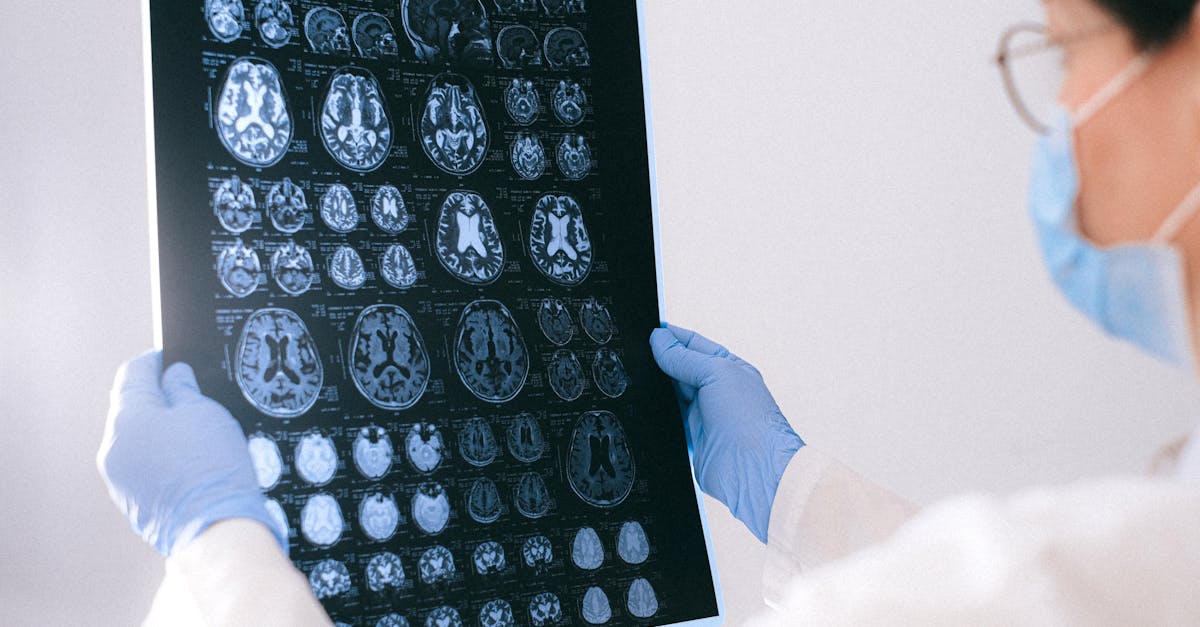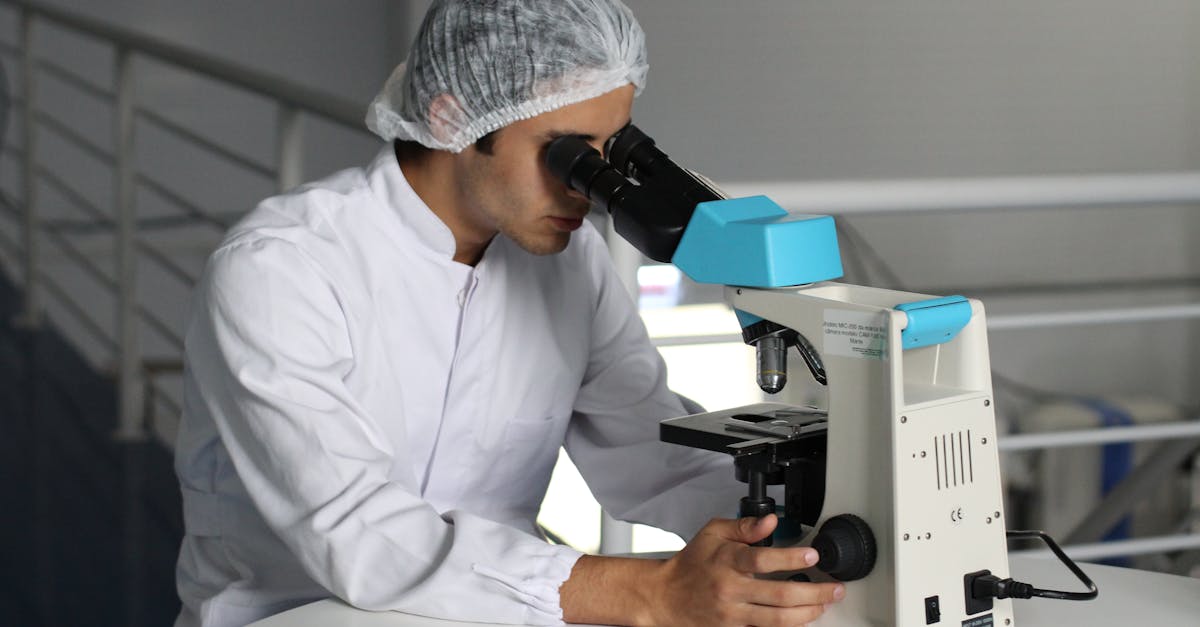Biohacking the Blood-Brain Barrier: The Future of Alzheimer's Treatment
The blood-brain barrier (BBB) is a highly selective permeability barrier that separates the circulating blood from the brain and extracellular fluid in the central nervous system (CNS). This barrier plays a crucial role in maintaining the brain's microenvironment, which is essential for proper neural function. However, its protective nature also poses a significant challenge for drug delivery, particularly in treating neurological disorders like Alzheimer's disease. As the global burden of Alzheimer's continues to rise, researchers are turning to innovative approaches such as biohacking the BBB to develop more effective treatments. This article delves into the science and potential of this cutting-edge approach, examining its implications for the future of Alzheimer's therapy.
Understanding the Blood-Brain Barrier's Role in Alzheimer's

The blood-brain barrier's primary function is to protect the brain from harmful substances while allowing essential nutrients to pass through. In Alzheimer's disease, the integrity of the BBB is often compromised, leading to increased permeability. This disruption can contribute to the accumulation of amyloid-beta plaques and tau tangles, hallmark features of Alzheimer's pathology. Understanding the mechanisms behind BBB dysfunction in Alzheimer's is crucial for developing targeted therapies. By identifying specific pathways and molecular changes, researchers aim to design interventions that can restore BBB integrity, potentially slowing or even preventing the progression of the disease.
The Concept of Biohacking in Medical Science

Biohacking, often referred to as DIY biology, involves making incremental changes to one's biology through lifestyle, nutrition, or technological interventions. In the context of medical science, biohacking extends to manipulating biological systems to enhance or restore function. For the blood-brain barrier, this means developing techniques to temporarily and safely increase its permeability to allow therapeutic agents to reach the brain. This approach requires a deep understanding of both the biology of the BBB and the pharmacokinetics of potential treatments. Biohacking the BBB could revolutionize the delivery of drugs for Alzheimer's, offering new hope for patients and caregivers alike.